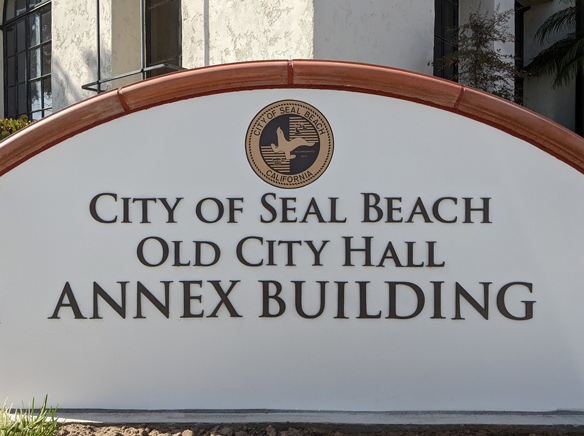The Seal Beach Housing Element is still not certified, said Community Development Director Alexa Smittle during a Monday, July 31, in-person interview.
There could be practical and financial consequences if the Housing Element isn’t certified, according to a recent letter from the state of California.
A Housing Element is a section of a city’s General Plan. The state government requires cities to update their Housing Elements at regular intervals.
The document has to be approved by the California Housing and Community Development Department and then be adopted by the City Council.
“As you are aware, the 6th cycle update was due October 15, 2021,” according to a May letter signed by Melinda Coy, the HCD’s proactive housing accountability chief.
According to Coy’s letter, a city that fails to adopt a Housing Element within one year of the deadline is considered out of compliance until rezoning is completed to meet the required number of units.
Seal Beach, for example, has been tasked with planning for the development of 1,243 residential units.
The document was labeled “Failure to Adopt a Compliant 6th Cycle Housing Element – Letter of Inquiry”
Smittle said the next draft of the Seal Beach Housing Development would be submitted to the state, not the council, by the end of August.
“It won’t be officially certified until the council certifies it,” but according to Smittle the city needs Housing and Community Development Department’s approval before going forward.
The state is using the Housing Element approval cycle and legislation to promote housing development in California cities. The state has also been changing the rules for parking.
“Their goal is housing,” Smittle said.
Potential fines
The May 15 letter from the Housing and Community Development spelled out some of the consequences that a city could face.
According to Proactive Housing Accountability Chief Coy, the city could lose eligibility for state funds.
The Attorney General’s Office could sue the city and the state could impose fines, according to Coy.
“For example, Government Code section 65585, subdivision (l)(1), establishes a minimum fine of $10,000 per month, up to $100,000 per month,” according to the Coy letter.
“If a jurisdiction remains noncompliant, a court can multiply those penalties by a factor of six. Other potential ramifications could include the loss of local land use authority to a court-appointed agent,” according to Coy’s letter.




